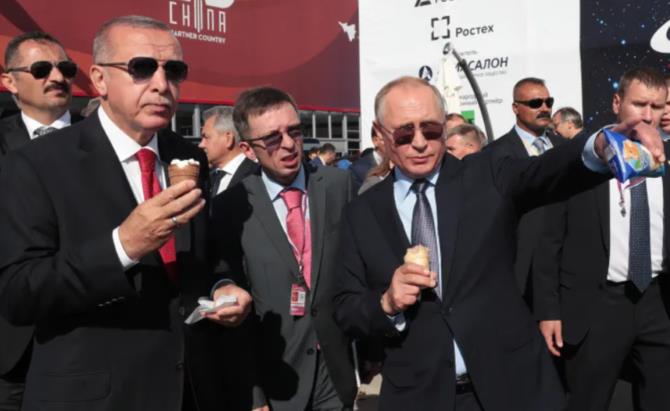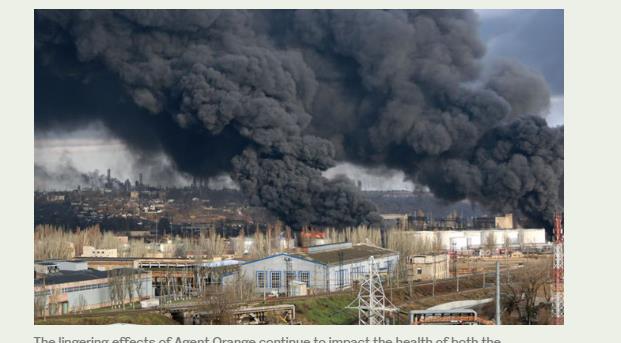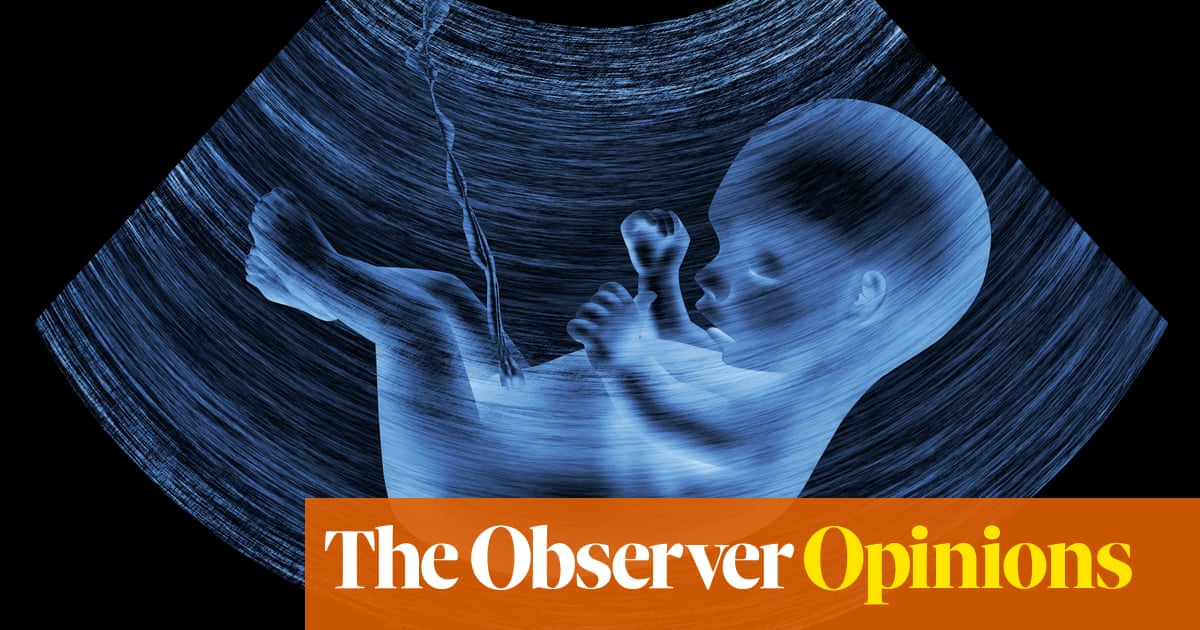
This week, US President Donald Trump was nominated for the Nobel Peace Prize. The nomination came from Christian Tybring-Gjedde, a member of the Norwegian parliament. “I’m not a big Trump supporter,” he wrote. “The people who have received the peace prize in recent years have done much less than Donald Trump. For example, Barack Obama did nothing.”
Trump’s role in the normalization of relations between Israel and the UAE prompted the nomination. However, his administration has made progress in tackling another complex geopolitical problem: The normalization of relations between Kosovo and Serbia.
Following the sectarian wars of the 1990s in the Balkans, Kosovo was placed under UN administration in June 1999. On Feb. 17, 2008, it declared independence from Serbia. It is now recognized as an independent, sovereign nation by 114 countries, including all of its neighbors in the Balkans — except Serbia.
The meeting at the White House last week between Serbian President Aleksandar Vucic and Kosovo’s Prime Minister Avdullah Hoti established normalization of economic cooperation, and will hopefully pave the way for a full normalization of relations between Pristina and Belgrade.
Before the meeting, the White House said the main focus would be on improving the economic situation in both countries. Among other issues, both sides agreed to make progress on establishing additional rail and road links between the countries. They also agreed to work with the US on a feasibility study for the sharing of a disputed lake that supplies water and energy to the region.
The US was able to advance some of its own national interests as part of the agreement as well. For example, both countries agreed to designate Hezbollah, in its entirety, as a terrorist organization. They also agreed to block the use in their communications networks of “5G equipment supplied by untrusted vendors.” Although not explicitly stated, this was clearly aimed at China.
There are three reasons why the Trump administration’s efforts to normalize relations between Kosovo and Serbia are good for the region, Europe and the US.
Firstly, the US taxpayer and the American family have already invested a lot of money to keep the Balkans stable and secure since the 1990s. Billions of dollars have been spent and thousands of US soldiers have served in the Balkans.
Recent European history shows that problems in the Balkans can quickly spill over into other parts of the region, and one of the most contentious regional issues is the relationship between Serbia and Kosovo. So the administration rightly believes that if it can help to solve the major problem of Kosovar-Serbian relations, many of the other challenges in the region might be easier to address. In the long run this will make Europe safer.
There are many reasons why the Trump administration’s efforts to normalize relations between Kosovo and Serbia are good for the region, Europe and the US.
Luke Coffey
Secondly, the Trump administration’s focus on economic differences between Serbia and Kosovo is a wise one. Improving the economic situation in both countries will not only help to boost the livelihoods of the average Serbian and Kosovar, but will also build the type of confidence and trust between the two countries that could lead to further agreements.
Finally, improving the relationship between Kosovo and Serbia is an area in which the US can work closely with Europe. It is no secret that transatlantic relations have been strained under the Trump administration. However, the EU has also been working to help Kosovo and Serbia improve relations, and there has been cooperation between the US and Europe on the issue.
It is hoped that the White House agreement on economic normalization can help build on the work Europe has done. It also shows that the Trump administration can be pragmatic in its dealings with the EU when it means American interests in the region can be advanced.
So not only were the talks at the White House between Kosovo and Serbia a confidence-building measure for those two countries, but the US involvement has also served as a confidence-building measure in the relationship between Washington and Europe.
Trump’s approach to Europe since coming to office has been a rollercoaster ride. On the one hand he has been tough on issues such as the Russian Nord Stream 2 gas pipeline, deepened US relations with many countries in Eastern Europe, and spent more on European defense than his predecessor. These policies have advanced America’s interests in Europe.
On the other hand, his frosty relations with many European leaders have made transatlantic dealings fraught at times. Also, he recently announced that the US will withdraw thousands of troops from Europe, undermining much of the great work his administration has done bolstering NATO’s security and deterring Russia.
But the White House’s emphasis on improving the economic, political and security situation in the Balkans can only be applauded. And it should not be forgotten that the Trump administration has done a lot in the Balkans beyond the issue of Kosovo and Serbia.
For example, the US was instrumental in brokering the so-called Prespa agreement between North Macedonia and Greece in 2018, ending a decades-long dispute over the former’s name. And even with all of Trump’s criticisms of NATO, two new members from the Balkans, Montenegro and North Macedonia, have joined the alliance under his watch.
Kosovo and Serbia have a long way to go before they fully normalize relations. However, improving the economic relationship is a great step in the right direction.
Credit should be given where credit is due. Overall, these talks were a significant foreign policy success for the administration.
Luke Coffey is director of the Douglas and Sarah Allison Center for Foreign Policy at the Heritage Foundation. Twitter: @LukeDCoffey
Disclaimer: Views expressed by writers in this section are their own and do not necessarily reflect Arab News" point-of-view











